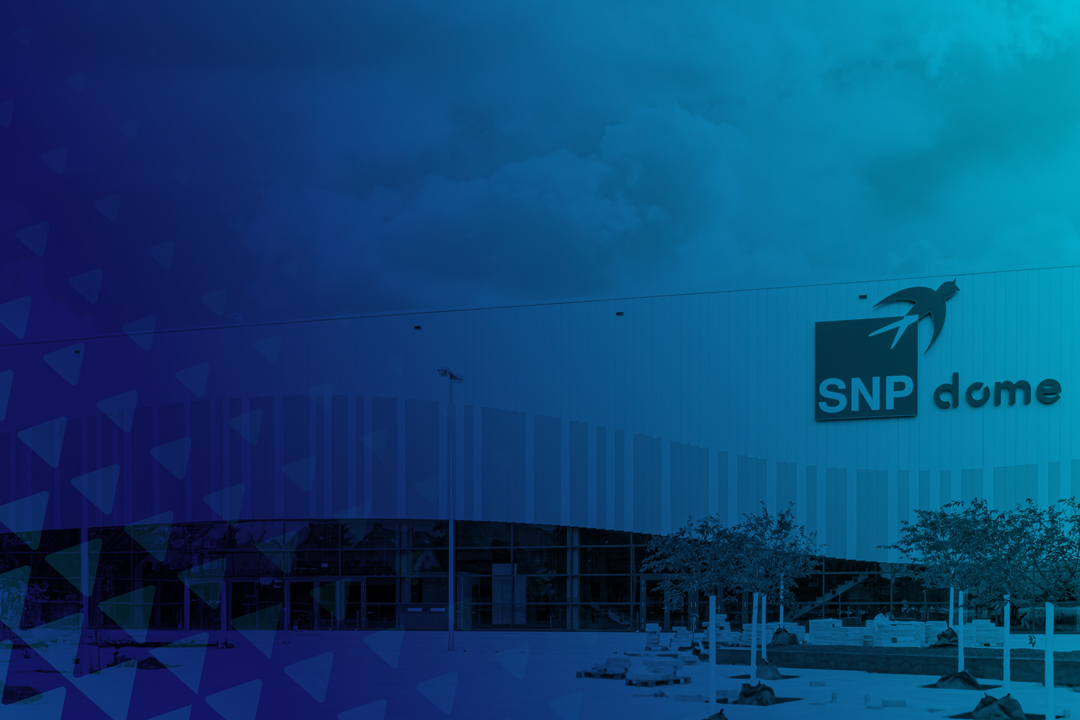System decommissioning and moving legacy data to a data lake
Decommissioning means taking archiving to the maximum – archiving a complete SAP system. This is a common scenario when talking about mergers and acquisitions, but also system upgrades and transformations, including migrations to S/4HANA.
Share
In this blog post we answer how to deal with legacy systems while keeping everyone happy (end users, system owners, and even auditors!).
S/4HANA and legacy systems – what happens with the data left behind
In the context of moving to S/4HANA, we see that customers usually take a hybrid approach (brownfield, mixed, selective – call it what you please) where not all data is taken over to S/4HANA. As a consequence, most of our customers end up with a couple of SAP systems which are not productive anymore. Those systems have to be maintained, which adds to license and hardware costs while draining on expert resources.
But these systems need to be kept for usually 10 years (but even up to 80 years!), depending on the industry and local legislations. Data needs to be available for auditors, users, or investigation teams (in case of legal disputes). On the other hand, legacy data should be deleted as soon as it is (legally) possible. So rather than keeping the old systems running, it is better to move legacy data to storage where you can govern it and delete it selectively as needed.
How to choose a good database for your legacy system
For decommissioning purposes, you don’t want to store your legacy data in your online SAP database, especially when running on HANA. Why? The more data you have on HANA, the more expensive this system will get. Ideally, that data would be stored in some inexpensive storage.
If you have a data lake (running on AWS, Google Cloud, Hadoop, Azure etc.) then you already have a perfect place for storing your legacy data. The question is – how to move it there and make it easily available for users? For this we developed a technology which cuts and pastes data from SAP to any other storage. And yes – it’s almost as easy as Ctrl+C Ctrl+V.
We take all data from an SAP legacy system, convert it into business objects and put it into our Outboard Datafridge solution (with data being stored on e.g. Azure SQL Hyperscale, which gives you a lot of flexibility at a lower price tag).The beauty of it is that users can access this data through the familiar SAP GUI through DataFridge’s out of the box browser which also supports custom HTML views on the decommissioned data
Let’s say you are doing a selective migration to S/4HANA, taking only the data from the last two years to S/4HANA and the rest is left behind as cold data in the classical ERP system. In such a scenario, your users can access the legacy data through their current work environment. As they log into the S/4HANA installation, they can access the legacy data directly from the same place where they are managing their hot data.
Don’t forget about data governance (delete!)
Outboard Datafridge not only supports 20+ databases (including the most popular ones such as Hadoop, Azure, AWS or Google Cloud Platform). It also comes with a built-in control system for data governance to ensure compliance with GDPR, legal hold and retention rules. It’s like putting your data on autopilot – you can set the retention rules and the data purges itself whenever needed or legal holds to ensure specific data is skipped for the determined time.
What is also really nice about Outboard Datafridge is that it is not as rigid as the standard SAP decommissioning process – in SAP you first have to comply with archiving conditions before you can fully decommission a system. For example, all invoices must be in a final or closed state before they can be archived. With Outboard Datafridge you can skip this time-consuming step and decommission your system directly.
Time to pull out the plug
If you are checking different options for system decommissioning, get in touch with our experts – we are happy to look into your case.

